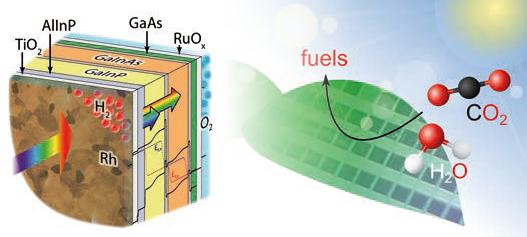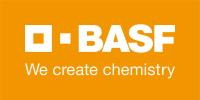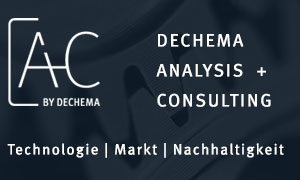Wir verwenden Cookies
Detaillierte Informationen dazu, wie diese Webseite Cookies nutzt, finden Sie in unseren Datenschutzhinweisen. Legen Sie jetzt fest, ob diese Website Cookies, wie nachfolgend beschrieben, verwenden darf. Sie können Ihre Einstellungen jederzeit ändern.
Notwendige Cookies
sind für die grundlegenden Funktionen der Website erforderlich und können daher nicht deaktiviert werden.









